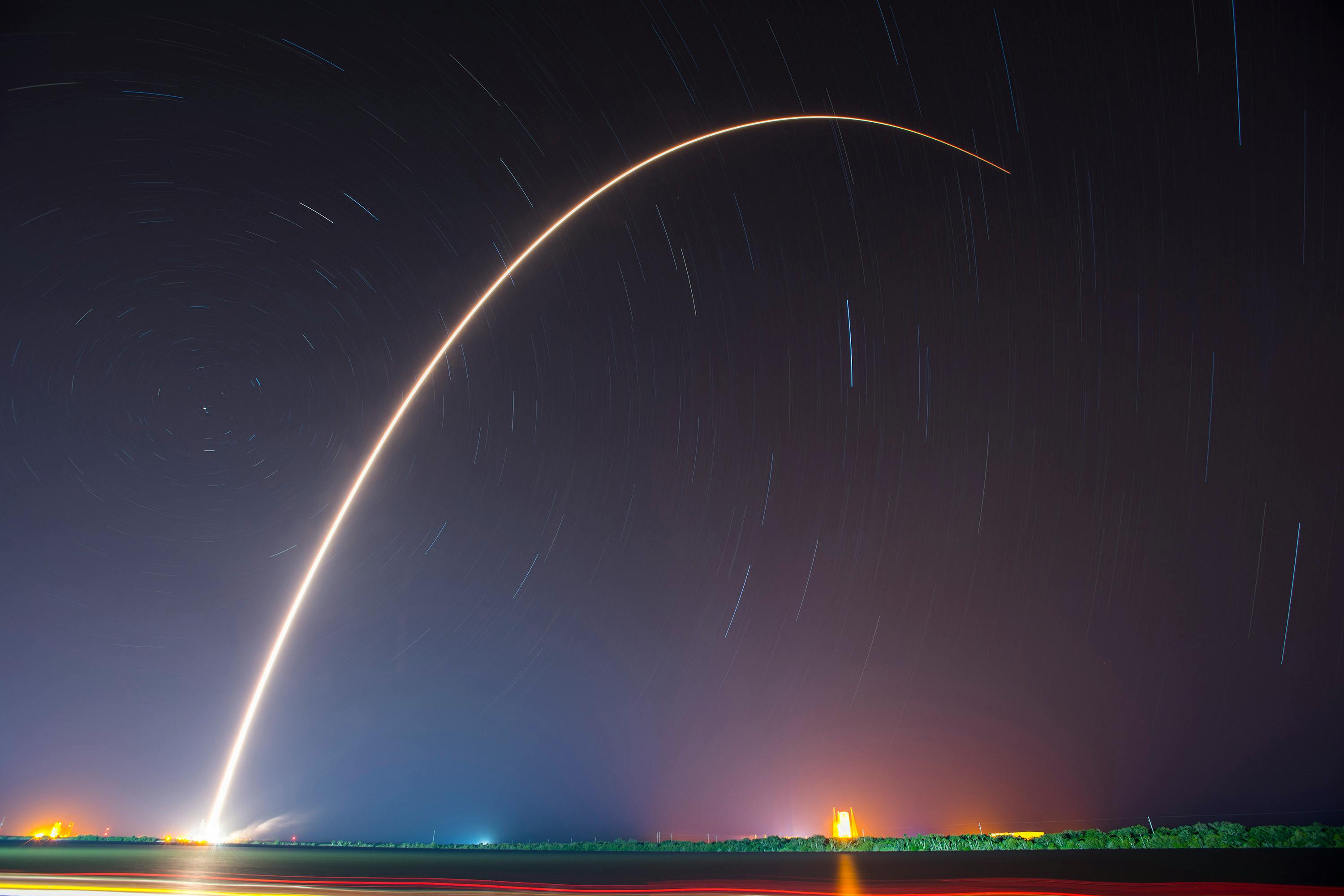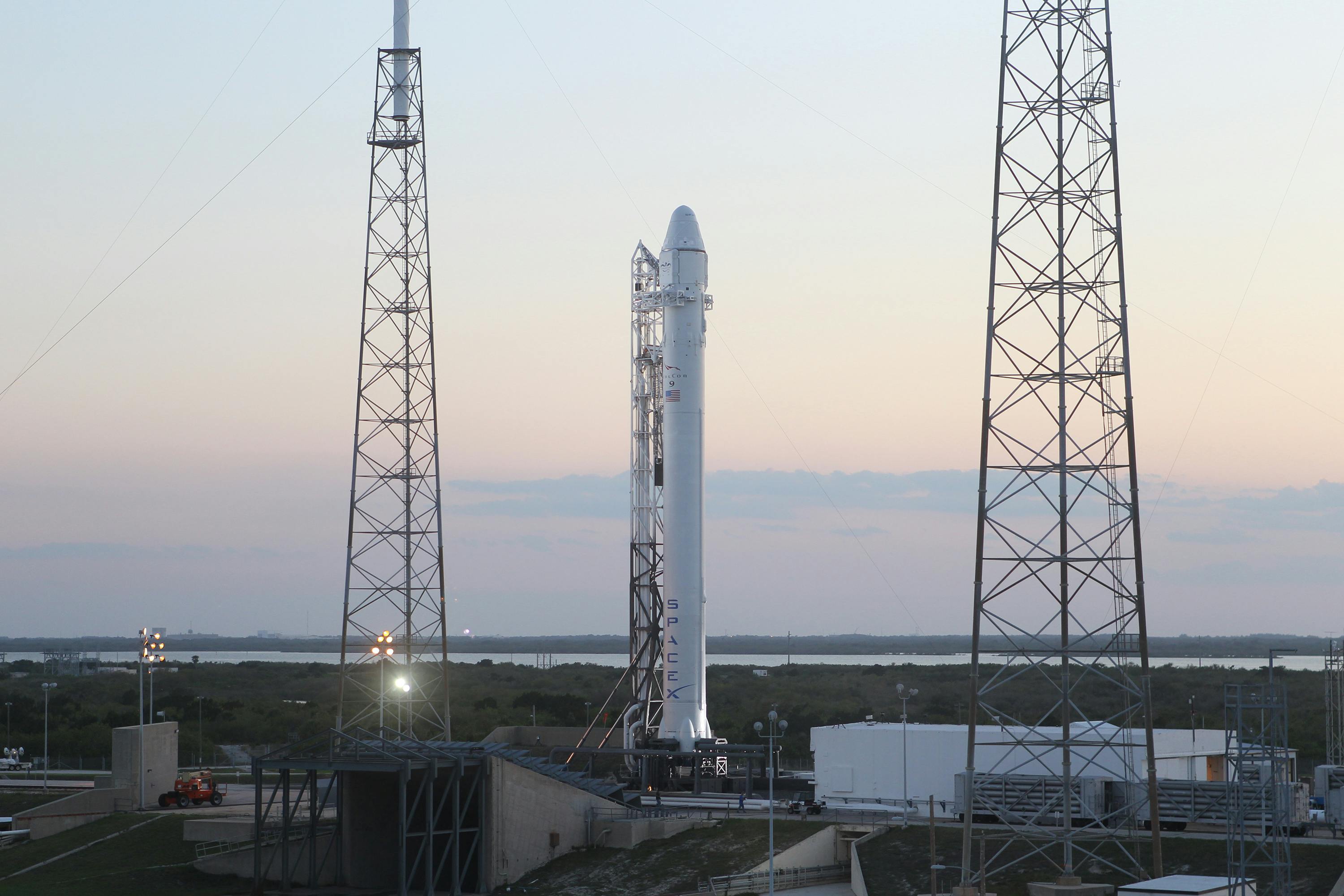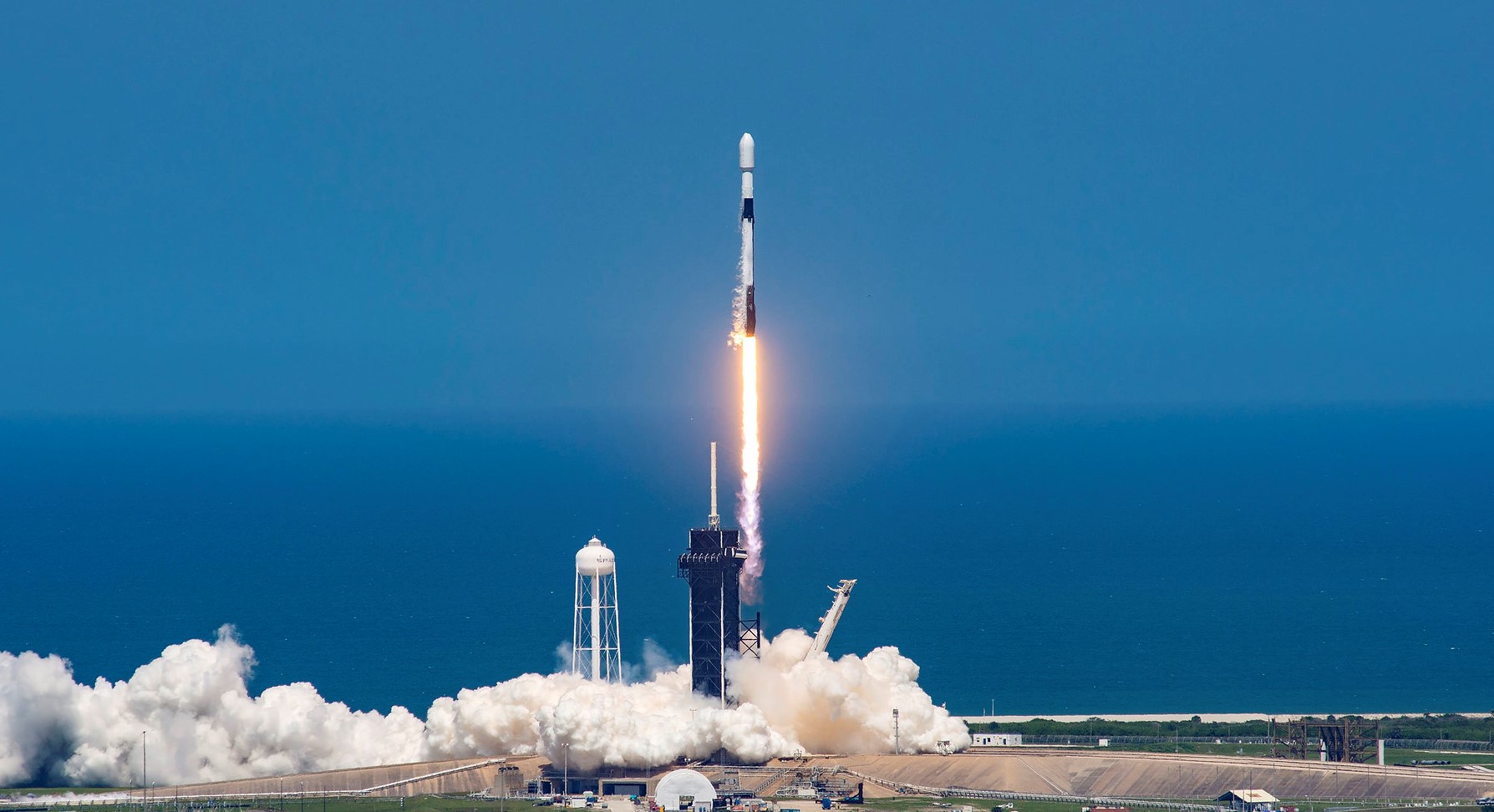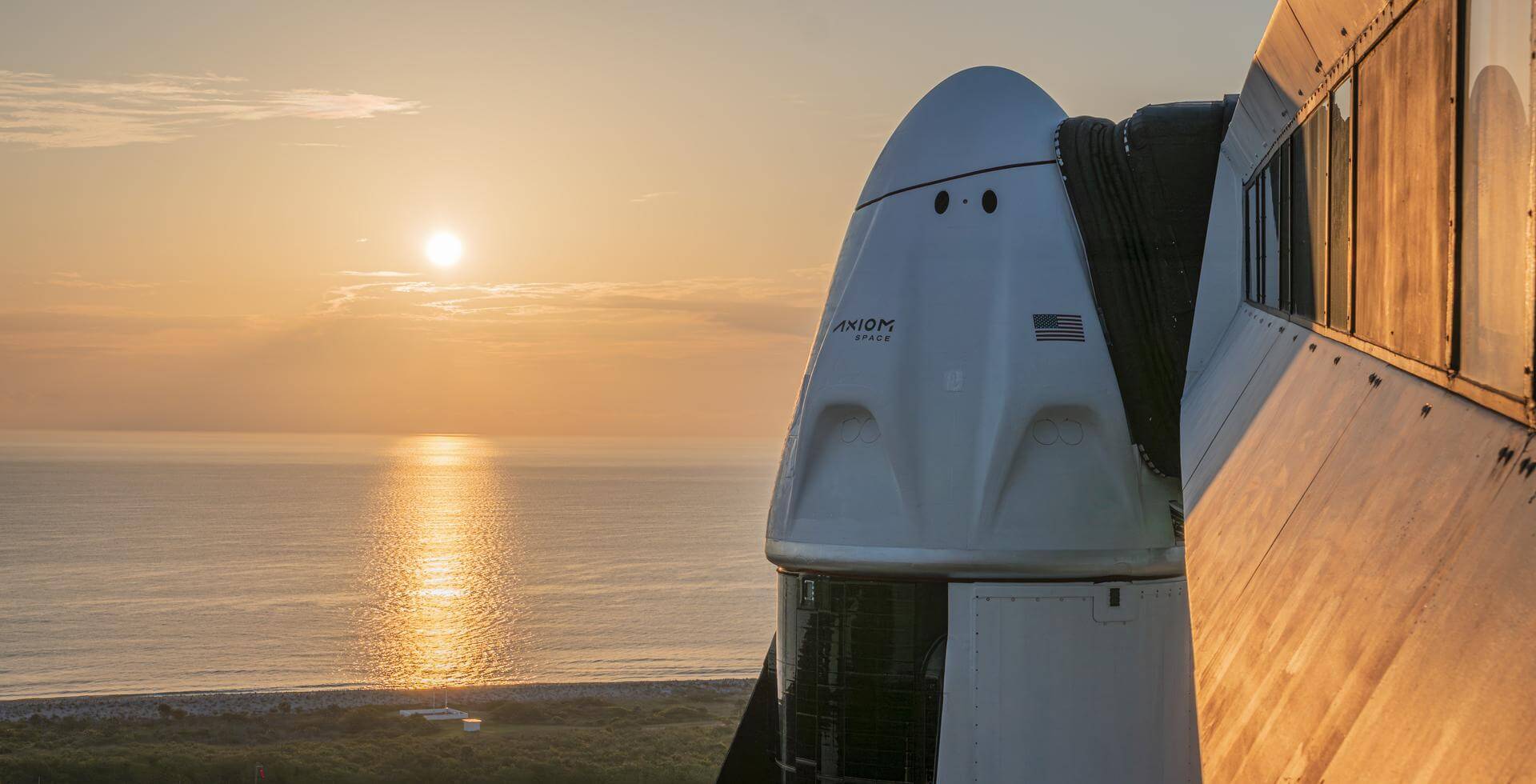· space brief · 5 min read
Space Brief 30 Nov 2024
Today's highlights include SpaceX's dual satellite launches, a new Space Force contract with Raytheon, and Astroscale's upcoming OneWeb mission.

📄Top Stories
SpaceX’s ambitious launch schedule continues as it successfully launched 24 more Starlink satellites from Florida today, marking yet another step in expanding global internet coverage. Meanwhile, the U.S. Space Force has extended its partnership with Raytheon by awarding an additional contract for the GPS ground control system enhancements. In the UK, Astroscale moves closer to a major milestone with its OneWeb de-orbit mission, heralding a new era in space debris management.
📰Detailed Coverage
SpaceX Adds 24 More Starlink Satellites to its Orbital Fleet
SpaceX conducted a successful midnight launch from Florida’s Cape Canaveral, sending 24 additional Starlink satellites into orbit. This deployment is part of SpaceX’s ongoing mission to enhance global internet coverage, with thousands of satellites planned. The clear Florida night provided an ideal backdrop as the Falcon 9 rocket soared into the sky.
With this launch, SpaceX continues to strengthen its low Earth orbit constellation, contributing to global communications infrastructure. Starlink’s growing presence is reshaping how we think about internet accessibility, especially in remote and underserved areas.
Read the full story: Space.com
Raytheon Continues Work on GPS Ground Control Systems
The U.S. Space Force has awarded Raytheon a $196.7 million contract for further development of its GPS ground control systems. This contract builds on previous investments in GPS operational control systems (OCX), bringing Raytheon’s total contract value to nearly $4.5 billion since 2010. These enhancements are critical for supporting the advanced capabilities of the GPS III satellites.
Raytheon’s ongoing efforts to modernize GPS control systems are crucial for maintaining the precision and reliability of this globally essential navigation tool. The improvements will ensure enhanced security features and operational efficiency, supporting both military and civilian navigation needs.
Read the full story: SpaceNews
Astroscale Moves Forward with OneWeb De-Orbit Mission
Astroscale is preparing for a pivotal design review of its servicer spacecraft, aimed at de-orbiting a OneWeb satellite in 2026. This project marks a significant advancement in space debris mitigation, which is essential given the increasing congestion in low Earth orbit. Successful execution of this mission could pave the way for clearing defunct satellites more efficiently.
The de-orbit mission is a key development in the safe management of space traffic and aligns with international calls for sustainable space operations. Astroscale’s innovative technology, which uses magnetic capture to dock with satellites, could become a standard in future cleanup operations.
Read the full story: SpaceNews
SpaceX to Launch Spy Satellites and More Starlinks from California
SpaceX is also poised to launch a batch of next-generation U.S. spy satellites along with 20 additional Starlink satellites from California. This launch demonstrates SpaceX’s versatility and reliability in deploying critical assets for national security alongside commercial objectives.
The dual-payload mission underscores SpaceX’s role in bolstering U.S. capabilities in space-based reconnaissance and global telecommunications. As the company’s launch cadence increases, its integration with U.S. defense strategies highlights a significant trend in private-public collaboration in space.
Read the full story: Space.com
Canadian Nuclear Reactor Development for Space and Remote Energy
The Canadian Space Mining Corporation (CSMC) has secured licensing rights to develop nuclear reactor technology for space and remote energy solutions. This reactor, designed for commercialization, promises to provide sustainable energy for various extraterrestrial missions and remote Earth locations.
CSMC’s licensing of this advanced reactor technology addresses the growing demand for reliable, high-capacity power sources in harsh and isolated environments. Such advancements are central to the future of long-duration space missions, particularly those involving lunar and Martian exploration.
Read the full story: SpaceQ
🛰️Satellite Spotlight
- Satellite Name: GSAT 8
- NORAD ID: 37605
- Launch Date: 2011-05-21
- Mission: Direct-to-home broadcast and other domestic needs. Equipped with GAGAN (GPS Aided GEO Augmented Navigation).
- Orbit: Inclination 0.6227°, Period 1436.0955 mins, Eccentricity 0.0008500
- Operator: ISRO
- Fun Fact: GSAT 8 is among the heaviest satellites built by ISRO and enhances telecommunication, television, and satellite navigation services across India.
Current TLE Data:
1 37605U 11022A 24318.41993845 .00000095 00000-0 00000+0 0 89991
2 37605 0.6227 89.1904 0008500 164.0887 6.0164 1.00271884 49414Track this satellite in real-time on our web app: Track GSAT 8
Upcoming Space Launches
November 30
- China Aerospace Science and Technology Corporation Long March 12:
- Maiden Flight from Wenchang Space Launch Site, People’s Republic of China (14:17 UTC) First launch of the Long March 12 launch vehicle and the first launch from the Wenchang Commercial Space Launch Site. Payload on board and target orbit are TBD.
December 2
- China Aerospace Science and Technology Corporation Long March 6A:
- Unknown Payload from Taiyuan Satellite Launch Center, People’s Republic of China (04:45 UTC) Possibly CZ-6A launch with a batch of G60 Low Earth Orbit communication constellation satellites, details TBD.
December 3
- China Aerospace Science and Technology Corporation Long March 3B/E:
- Unknown Payload from Xichang Satellite Launch Center, People’s Republic of China (05:46 UTC) Details TBD.
- Russian Space Forces Soyuz 2.1b:
- Kosmos (Unknown Payload) from Plesetsk Cosmodrome, Russian Federation (16:00 UTC) Russian military satellite(s) of unknown variant.
December 4
- SpaceX Falcon 9 Block 5:
- Starlink Group 9-14 from Vandenberg SFB, CA, USA (00:29 UTC) A batch of satellites for the Starlink mega-constellation - SpaceX’s project for space-based Internet communication system.
- ExPace Kuaizhou-1A:
- Unknown Payload from Xichang Satellite Launch Center, People’s Republic of China (04:36 UTC) Details TBD.
- SpaceX Falcon 9 Block 5:
- Starlink Group 6-70 from Cape Canaveral SFS, FL, USA (08:29 UTC) A batch of satellites for the Starlink mega-constellation - SpaceX’s project for space-based Internet communication system.
Note: Launch dates and times are subject to change due to technical or weather considerations.

Maurice Stellarski





